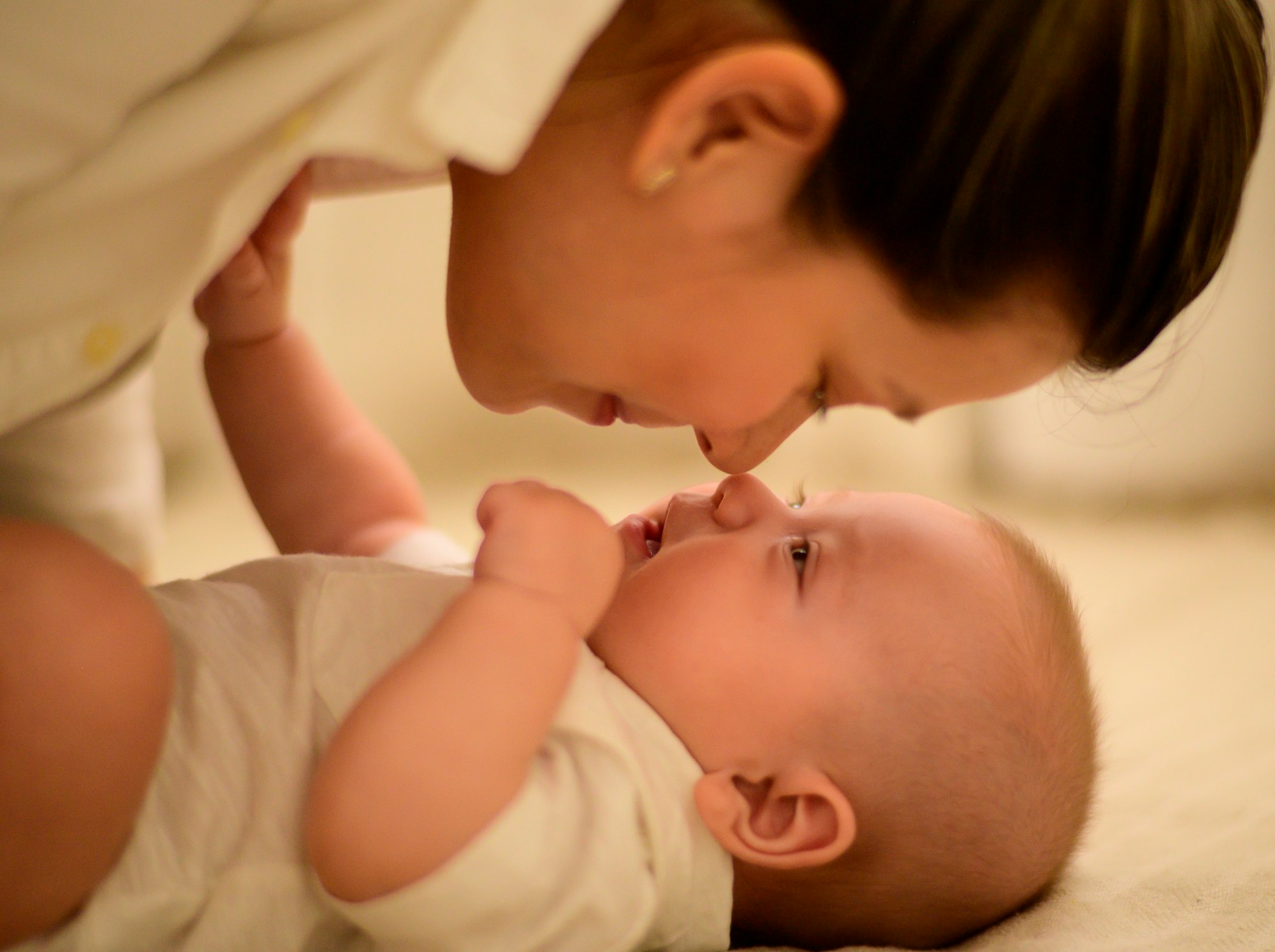Raynaud's Phenomenon
Most times, mothers who breastfeed with Raynaud's say that the pain occurs right after their baby has stopped breastfeeding. They say that their nipples turn white and feel as though they are being clamped down by a vice grip.

What Is Raynaud's Phenomenon?
Raynaud’s phenomenon, also known as blanching of the nipple, is now a common breastfeeding problem, affecting up to 20% of all women of childbearing age.
Reynaud's is not caused by breastfeeding but is due to abnormal spasms of arteries that supply blood to your nipples, causing the restriction of blood flow and numbness, burning, and pain. The area's skin usually also turns blue, and when the blood starts flushing back, the skin becomes reddish.

Here is the full explanation on Wikipedia.
Sometimes mothers with Raynaud's disease are treated for Candida albicans infection (thrush), which makes it difficult for the mother to find relief. That’s why it is important to let your doctor know about all the symptoms you are experiencing.
How Do You Know if You Have Raynaud's?
It is usually the color changes of your skin that will indicate Raynaud's. Raynaud’s syndrome usually occurs during very hot or cold temperatures and also when experiencing emotional stress. You don’t have to be pregnant or breastfeeding to develop Raynaud's, which can also affect your fingers, toes, and earlobes. Not all women with nipple or breast pain or even nipple blanching have Raynaud disease.
Mothers who breastfeed with Raynaud's often say that the pain occurs right after their baby has stopped breastfeeding. They say their nipples turn white and feel like a vice grip is clamping them down. After a while, the blood returns to the area, resulting in red nipples.
Signs of Raynaud's During Breastfeeding
- Excruciating nipple and breast pain during nursing, pumping, or when your nipples are cold or wet.
- Triphasic or biphasic color change in the breast or nipple area. (white nipples)
- Sometimes the areola changes shape.
- Intense throbbing breast or nipple pain.

The Tushbaby Hip Carrier
With its ergonomic design and comfortable waistband, Tushbaby provides optimal support for you and your baby. Say goodbye to shoulder and back pain from traditional carriers, as Tushbaby evenly distributes your baby's weight, relieving strain and promoting better posture.
Treatment for Raynaud's Phenomenon
- Nifedipine (high blood pressure medicine) has been used to treat Raynaud’s symptoms with excellent results because of its vasodilator effects. (safe to use while breastfeeding)
- Ensuring your baby is latching on correctly can also lessen the pain and eliminate other sources of nipple pain associated with breastfeeding.
- Try to stay calm and in a stress-free environment.
- Stay away from coffee or other caffeinated drinks, as these will worsen the symptoms of Raynaud syndrome.
- Eliminate alcohol from your diet. Alcohol also has a worsening effect on Reynauds.
- Avoid quick temperature changes to your nipples.
- Keep a warm cloth handy after breastfeeding; this keeps your nipples warm after your baby stops breastfeeding.
- Avoid smoking.
- Avoid medications like pseudoephedrine, oral contraceptives, and beta blockers.
- Supplements that can relieve Raynaud's are Evening primrose oil and fish oil taken over six weeks.
- Aerobic and cardio exercise has been found to relieve symptoms.
- Vitamin B6. 150-200 mg once a day for four days, followed by 25 mg/day once a day.
- Many mothers have reported that massaging olive oil into the breast and nipple relieves and decreases vasospasms.
- Drink plenty of liquids to prevent dehydration, which can lower the amount of blood moving through the blood vessels.
Comments
Pumping with Reynaud's
By Anonymous
"I pump exclusively because my daughter can't latch, even with lots of lactation support.
I have Reynauds and have frequently seen the effects in my feet and hands, and I have horrible pain from it in my nipples, even with pumping exclusively.
I tried all of the other "remedies," and nothing worked, so I am starting Nifedipine and am hoping that will work. The only downfall is that my blood pressure is already low, so my doc is a bit nervous about how the meds will affect this."
Answer
Tough decisions
By Lyssa
"Breastfeeding is not always the best or simplest answer for every baby and mother. Sometimes some problems make it difficult or impossible. Reynauds is a challenging condition. It is imperative to stay on top of the condition and symptoms.
It seems like you are working on a solution with your doctor and have tried several options already.
If you cannot nurse, other options exist besides commercial formula, such as donor milk from another mother.
Whatever you decide to do, you are doing the best for yourself and your baby and have done a fantastic job!"
In the end, the mother might decide to pump exclusively if the pain doesn't stop - Here are the exclusive pumping guidelines.
